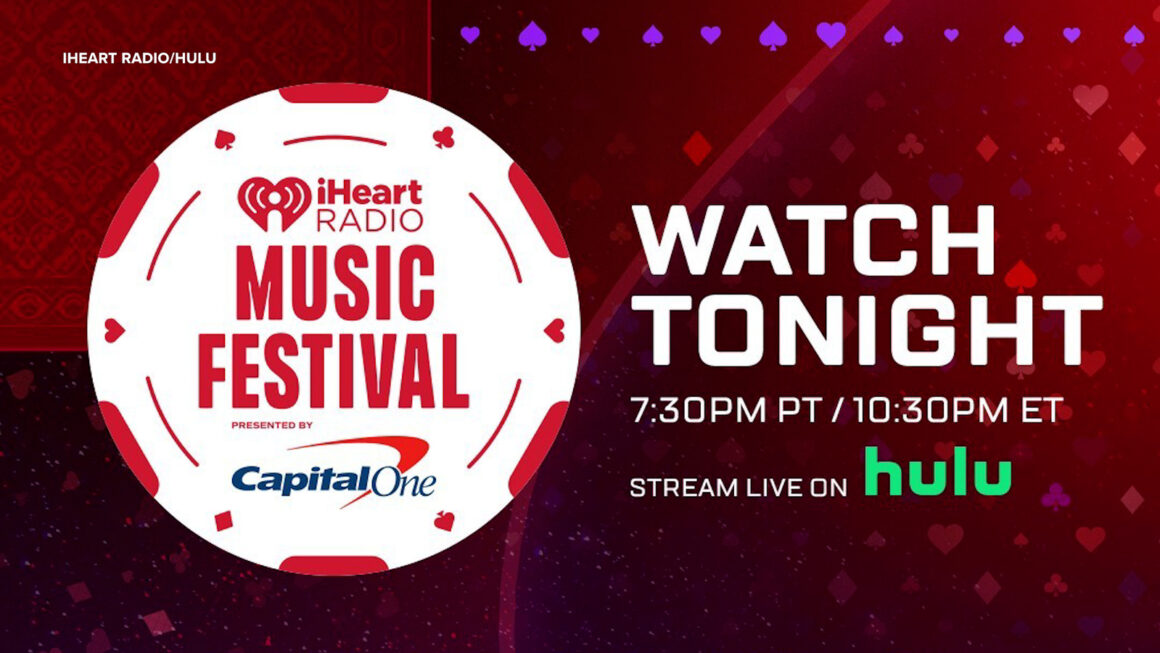When thinking about trends in baby names, there are a few things that you have to know. First, the number of births in the United States increased dramatically during the 20th century.
Secondly, parents have gotten more experimental with names over the last 150 years, meaning the most popular names now account for a smaller share of newborn names than ever before. Furthermore, there has always been more experimentation with newborn girl names than newborn boy names.

Finally, when names have gone from one gender to another in the last century, they typically drift from male to female rather than in the other direction. ‘Leslie’ proves a good example of this. The name started out as a handedly male name in the beginning of the 20th century. Then when newborn females named ‘Leslie’ began to surge between the 1940s and 1960s, the name quickly lost favor among newborn boys.

Though understanding these trends generally falls outside the scope of this essay, it is worth thinking about them for a moment. During the era of less naming experimentation (i.e., early-1900s), American society was both more patriarchal and religious. Because of this, names – especially for boys – were often passed down over generations. Many of those names were of Judeo-Christian origin. As society has become less patriarchal and less religious, we’ve seen naming experimentation increase.
If you’re looking for data-driven analyses about the musical trends of yesterday and today, then you’ve come to the right place.
Subscribe to Can’t Get Much Higher for free, and receive new data essays every week.
But why have we always seen more experimentation among names for girls? Furthermore, why does the usage of a name for girls discourage parents from using it for boys (e.g., Leslie)? It comes back to some of the same reasons. In a patrilineal society, last names are inherited from men. First name inheritance shows a similar trend. In terms of religion, there are just fewer female names to choose from. A 2003 paper by Matthew Hahn and R. Alexander Bentley noted that “only ca. six percent of all the names in Judeo-Christian scriptures are female.”
Additionally, there seems to be a fear among parents that giving their son a feminine name could hurt them socially. Abby Sandel, the woman behind the baby name blog Appellation Mountain described this to the HuffPost in 2022: “[P]arents will sheepishly admit that they worry about their boys being teased for having an unconventional name.” Thus, parents won’t choose a name for their son that is becoming associated with girls or a name that might become associated with girls.
Now that we’re experts in the history of naming conventions in America, what can we learn about how popular music has influenced newborn names? I’ve noticed four noteworthy trends: Past Preference for Presidents Over Pop Stars, The Sharona-Aaliyah Divide, The Whitney Houston Gender Transition, and The Classic Rock Nostalgia-Industrial Complex.
Past Preference for Presidents Over Pop Stars
Though there was less name experimentation in the early part of the 20th century, parents were still influenced by famous people when naming their newborns. Take the name ‘Roosevelt’ as an example. From 1890 to 1899 there were 57 newborn boys named Roosevelt. From 1900 to 1909 that number jumped up to 1,790. In fact, between 1903 and 1905 it was one of the top 100 most popular names for boys.
What caused the name’s popularity to increase around the turn of the century? Teddy Roosevelt was elected President of the United States. That name would stick around for a good while. In fact, the name saw its biggest spike in usage in 1933 when Franklin Roosevelt, Teddy’s cousin, became president.

Are there musicians or songs that inspired Roosevelt-like naming trends in the early-1900s? None that I can find. Bing Crosby was the biggest musical star of the first half of the 20th century. At the height of his fame between 1930 and 1949 there were only 184 newborn boys named ‘Bing’ in the United States. It would take a few decades before music and musicians influenced newborn name selection.
The Sharona-Aaliyah Divide
In 1979, The Knack scored a massive hit with “My Sharona”. Between its release and 1981, there was a notable spike in newborn girls given the titular name. Nevertheless, there are two things to note here. Primarily, this spike had no long-lasting effect. Secondly, as a percentage of total births, it is vanishingly small. So, songs can affect naming conventions, but those effects are often small and short-lived.

We see a similar trend with popular artists. When Aretha Franklin was making a huge impact on the pop charts in the late-1960s and early-1970s, her name saw a surge in popularity. It wasn’t to last, though.

Other popular artists like Madonna, Cher, and Garth Brooks caused similar short-term naming shifts. Nevertheless, there were some artists who left a longer-lasting impact. Take R&B singer Aaliyah as an example.

Up until 1993, there were never more than 46 newborn girls named ‘Aaliyah’ in a single year. Then in 1994, the singer Aaliyah released her debut album Age Ain’t Nothing but a Number. Nearly overnight the name went from a top 5,000 name for newborn girls to a top 200 name. By the time the R&B singer tragically died in 2001, it had become a top 100 name for newborn girls. Its popularity has not abated.
I won’t claim that the name’s continued popularity is purely due to the singer. Parents do like to choose names of some level of popularity, so after a certain point its longevity unmoors itself from its musical origins. Nevertheless, the R&B singer did give it its initial jolt. We see similar trends with names like ‘Mariah’ and ‘Elvis.’
The Whitney Houston Gender Transition
‘Whitney’ was used as a men’s name for decades before the Social Security Administration has any evidence of it being given to a woman. In fact, it’s popularity among men was growing throughout the 1970s. Then Whitney Houston happened.

Whitney Houston was named after Whitney Blake, the actress who allegedly brought some femininity to the name in the early-1960s. Blake’s celebrity didn’t drive boy-moms and boy-dads completely away from her first name, though. It was the New Jersey-born, mezzo-soprano who did that. When Whitney Houston’s self-titled debut album was a smash hit in 1985, her first name became cemented as a woman’s name.
The Classic Rock Nostalgia-Industrial Complex
As naming has gotten more experimental in the 2000s, we’ve seen parents mine the classic rock canon to give their child some musical flair. For example, ‘Jagger’ was never used as a name during the height of The Rolling Stones’ stardom. Now, it’s frequently one of the top 700 to 800 most popular names for newborn boys.
We’ve seen similar trends for names like ‘Hendrix’, ‘Presley’, and ‘Lennon’. That final name – the surname of John Lennon – presents an extra interesting case. The name’s popularity first rose among newborn boys around the year 2000. In the last decade, it has surged among newborn girls. Given the aforementioned “Whitney Houston Gender Transition,” that shift will likely tank the name’s popularity among boys.

So, what do these effects amount to? In short, though celebrities have always influenced baby-naming conventions in America to varying degrees, musicians and songs did not have a noted effect until both the music industry matured and Americans began to get more creative with names in the later part of the 20th century.
Once that creativity emerged, the effect of musicians and songs on naming typically resulted in small, short-term bumps in popularity of certain names, more often among newborn girls than newborn boys. Occasionally, these effects were larger and more long-term.
This piece was first published on Chris Dalla Riva’s Can’t Get Much Higher.
[Image: Post Malone]
![]()






